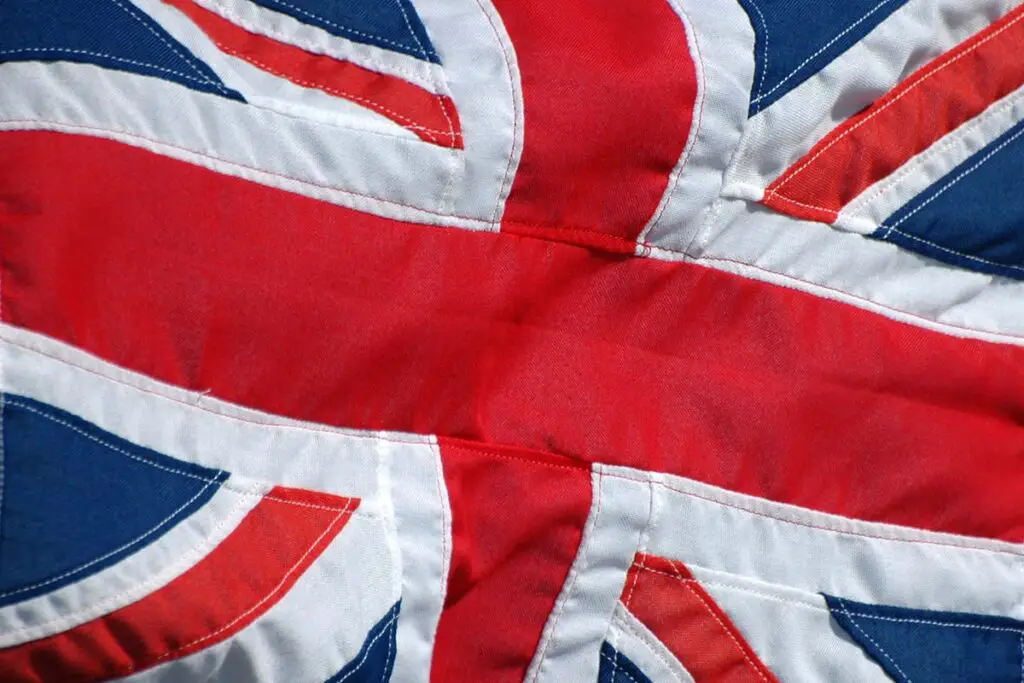There are a lot of British holidays that don’t exist in other countries. That’s why it can be useful to know the most important holidays people celebrate in the United Kingdom.
In this article, you have a complete overview of some of the most important holidays in the United Kingdom. You can read what the different holidays are about and when they will be celebrated in 2021.
Burns Night: 25 January 2021
Burns Night is celebrated annually in Scotland but is not an official holiday. This means that most shops have normal working hours. Usually, this day is celebrated on 25 January or around this date.
On this day, the Scottish people commemorate the Scottish poet Robert Burns. Robert Burns was born on 25 January 1756 and was really important for the development of Scottish culture and literature. This is a day when many people have dinner in honour of Robert Burns. The dinner is called Burns Supper and during this meal, people usually read his poetry.
A dish that many people eat on this day is haggis, which is a sausage prepared in sheep’s stomach. They usually serve haggis with neeps and tatties. The most important moment of this meal is when the haggis is served while someone is playing the bagpipes. Before eating, someone also reads the ode ‘Address to a Haggis’, written by Robert Burns.
Saint David’s Day: 1 March 2021
Saint David’s Day is Wales’ national holiday so this day is celebrated everywhere in Wales and by Welsh people all over the world. Saint David is the patron saint of Wales and also symbolises Welsh culture in other countries.
This day is not really an official holiday so most shops have regular opening hours. Some stores still celebrate this day by offering special deals. This is always on 1 March. Usually, there are celebrations, masses and parades and the Welsh flag is on display almost everywhere. School organise celebrations as well and people usually eat a kind of leek soup on this day.
Some people are also dressed in traditional clothing and others pin a daffodil or leek on their clothes because those are symbols of Wales.
Not a lot is known about Saint David himself, despite his importance in Welsh culture. According to stories, he was really friendly, peaceful, big and strong. They think he died in 589 and travelled across the British isles during his life. He also founded several churches and monasteries in Wales and became archbishop.
Saint Patrick’s Day: 17 March 2021
Saint Patrick’s Day is an official holiday in Northern Ireland so most people have a day off because most shops and schools are closed on 17 March. This is only the case in Northern-Ireland because in England, Wales and Scotland, this is not an official holiday. This means that it’s just a regular working day.
Traditionally, people go to the Irish pub and there are many parades in cities where a lot of Irish people live. In areas where there are fewer Irish people, there are no such parades and celebrations. Most Irish just go to the local Irish pub. Sometimes they even dye the beer green to show that this is a special day.
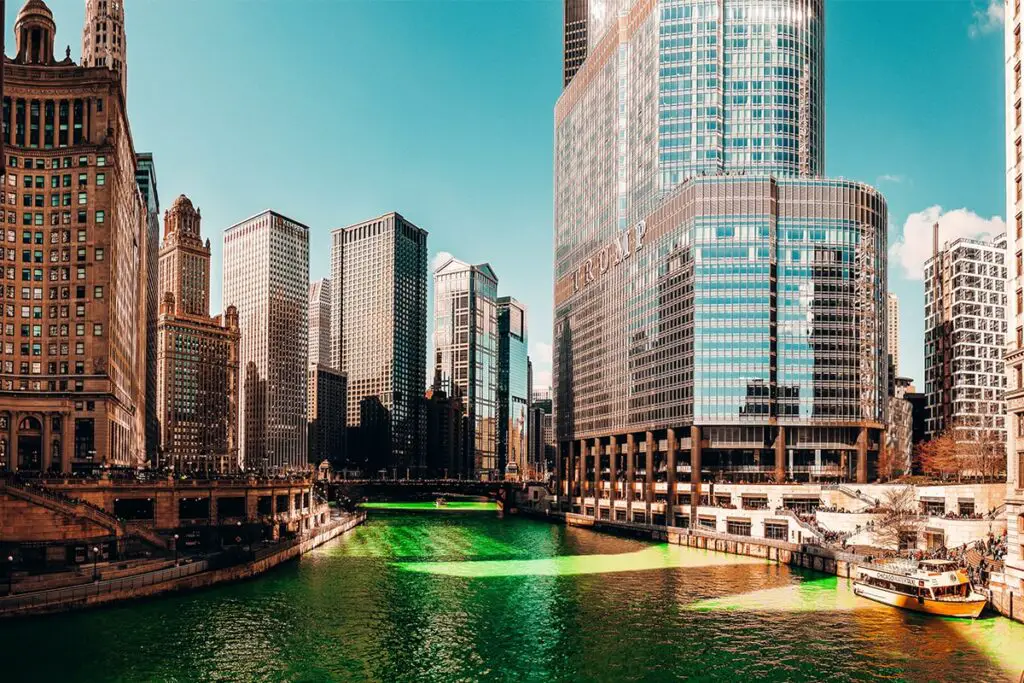
Saint Patrick is one of the patron saints of Ireland and is believed to have died on 17 March in or around the year 493. He was a Christian missionary and legend has it that he banned snakes from Ireland. This can be read in a literal way, but also figuratively. It means that he banned people who believed in the snake gods. Initially, this was a Christan holiday, but that is not the case anymore.
Saint George’s Day: 23 April 2021
Saint George’s Day is only celebrated in England because Saint George is the patron saint of England. This day is not an official holiday and shops have regular opening hours. However, this is still one of the most important holidays in England. There are celebrations and parades on the Sunday closest to 23 April and there is a special mass to honour Saint George.
On this day, they commemorate Saint George’s death. He was a Roman soldier and was executed on 23 April in the year 303 because he was a Christian. Legend has it that he killed a dragon and saved a princess who was supposed to be sacrificed. By way of thanking him, the villagers from the princess’ village converted to Christianity.
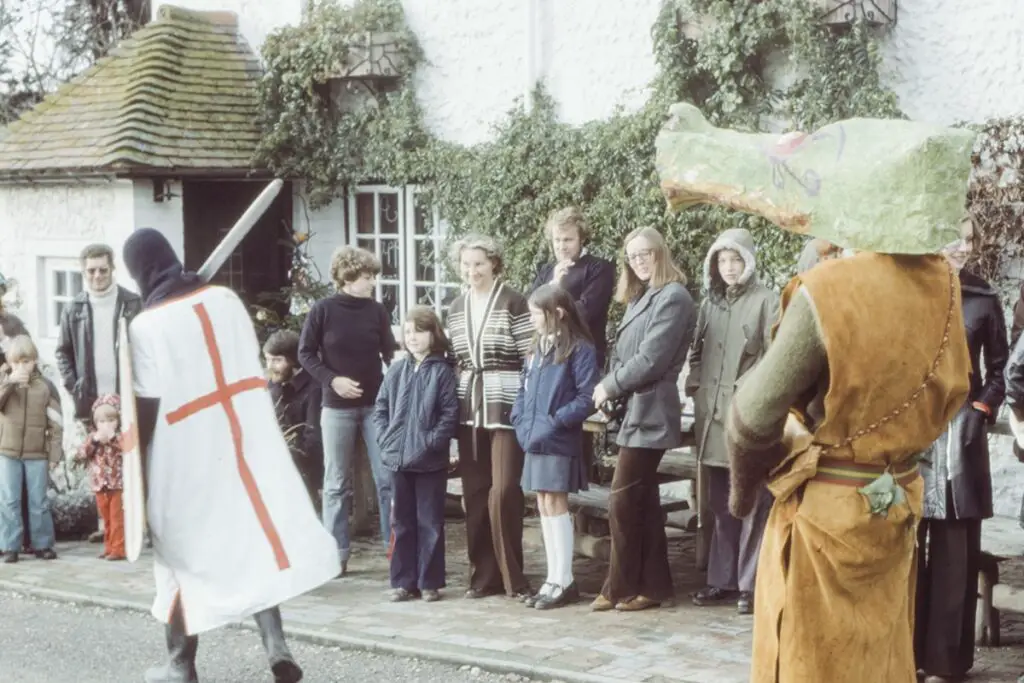
Queen’s Birthday: 12 June 2021
This holiday is a day to celebrate the Queen’s birthday, as the name suggests. The Queen’s real birthday is on 21 April, but the official birthday is celebrated annually in the United Kingdom on the second Saturday in June. In other countries such as Australia and Canada, this day is celebrated on a different day.
The Queen’s Birthday is also known as the ‘Queen’s Official Birthday’, or the ‘King’s Official Birthday’ in many countries of the Commonwealth. It’s important that people honour their king or queen by celebrating his or her birthday, despite having their real birthday on a different day. This is a normal working day for many people, but some officials have a day off.
On this day, there is a big parade in London, which is called ‘Trooping the Colour’, to honour the Queen. This parade is performed by the army.
Orangemen’s Day: 12 July 2021
Orangemen’s Day is a holiday in Northern Ireland and has a lot of names: Orange Day, the Glorious Twelfth, or the Twelfth. They commemorate the ‘Battle of Boyne’ on this day. This battle took place on the East coast of Ireland in 1690. There are parades and celebrations everywhere in the country.
The fight actually took place on 1 July, but it’s commemorated annually on 12 July. The Battle of Boyne was a battle between Protestants and Catholics. The Protestant Willem of Orange won the battle and beat the Catholic King James II of England. Willem became King Willem III and initiated a protestant era in Ireland.
This day is an official holiday so most people have a day off. Schools and most shops are closed as well.
Guy Fawkes Night: 5 November 2021
One of the most spectacular British holidays is Guy Fawkes Night. This one is also known as Bonfire Night and is celebrated on 5 November. It’s not an official holiday so most shops are open.
On this day, people commemorate the plot against King I of England. Guy Fawkes was the most notorious member of the ‘Gunpowder Plot’ that wanted to blow up the Houses of Parliament while the king and most members of parliament were inside the building. This was a plot by a small group of Catholics that wanted England to become Catholic again.
Bonfire Night is celebrated on 5 November because that is the day Guy Fawkes was arrested in 1605 when he was guarding the explosives beneath the Houses of Parliament. The attack was prevented and everywhere in the country, people started bonfires to celebrate the king was still alive.
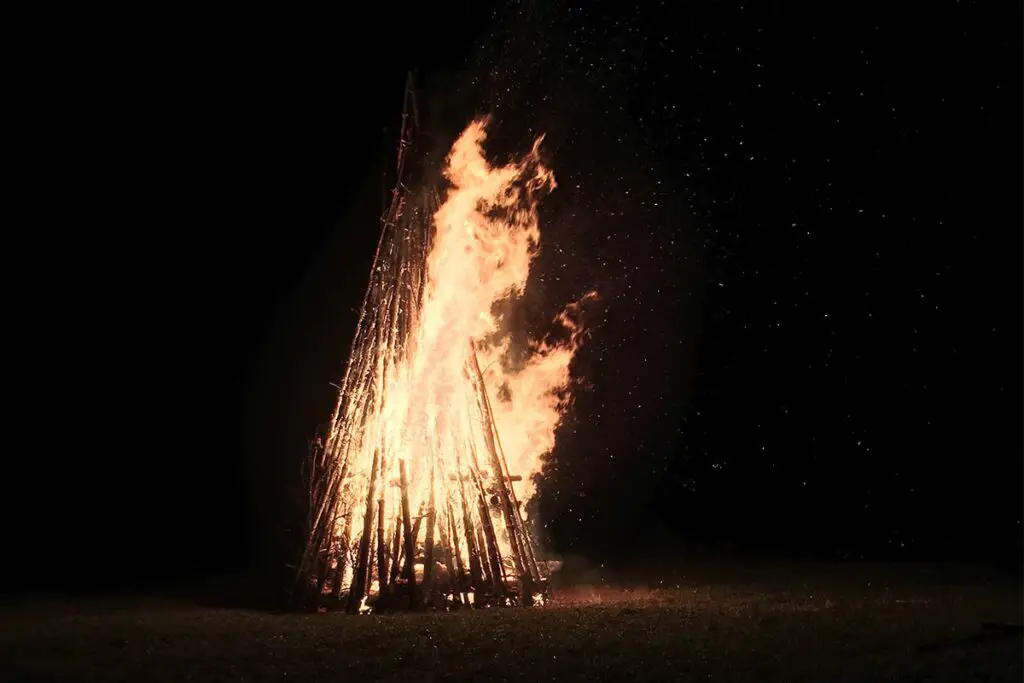
There are celebrations in many cities and people light fireworks. This can be on a large scale, but quite a few people also do this with their families. Traditionally, people put a doll, which is called ‘the guy’, on the fire as a reference to Guy Fawkes. Usually, people also eat sweets like toffee apples.
Saint Andrew’s Day: 30 November 2021
Saint Andrew is the patron saint of Scotland and this is an official holiday to honour him. Most people have a day off because most shops and school are closed.
Government buildings in Scotland clearly show the Scottish flag and there is a week of celebrations in Edinburgh. These celebrations are mostly focused on music and traditional dancing. In general, folklore is really important in these celebrations.
Saint Andrew was one of Jesus’s disciples and people think he died on the cross by means of crucifixion. What is remarkable about this is the fact the cross was X-shaped, which is what you see in the flag of Scotland.
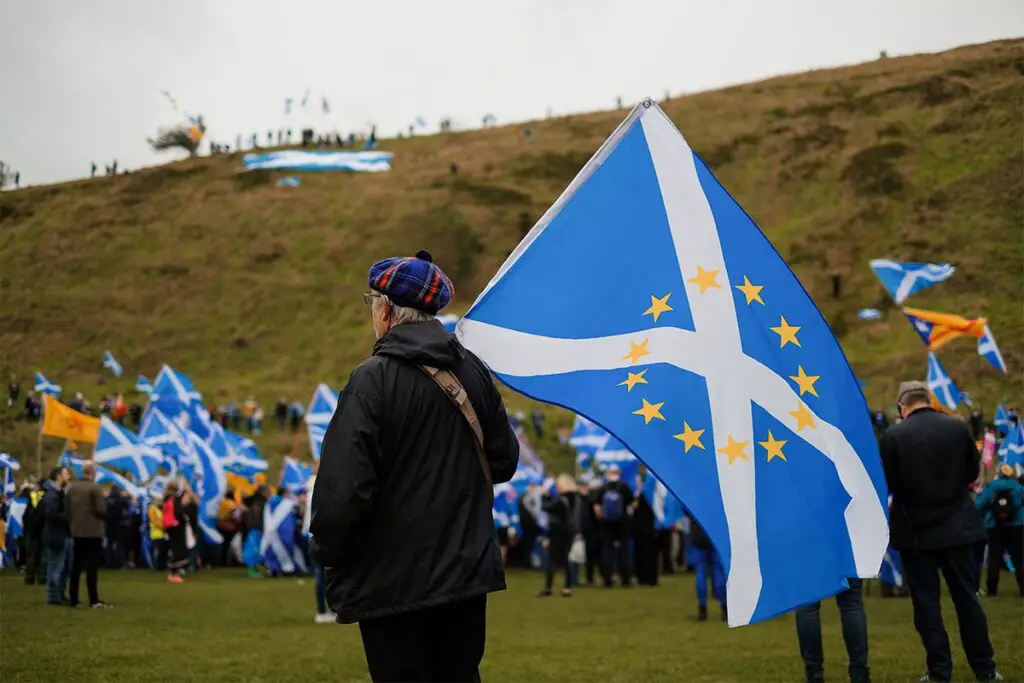
Boxing Day: 26 December 2021
Boxing Day is the holiday on the day after Christmas. It’s an official holiday and almost everyone has a day off from work. Many people use this day to recover from Christmas and to spend time with family and friends. Nowadays, Boxing Day is an important day for sporting events in Great Britain.
Traditionally, employers gave their employees extra money, food or other valuable things on the day after Christmas. This was usually packed in a small box and this could be one of the reasons this day is called ‘Boxing Day’.
Another explanation comes from the ‘collection box’ of the church. In the past, many churches collected money for poor people in their parish. On 26 December, this money was given to those people so the collection box was emptied.

